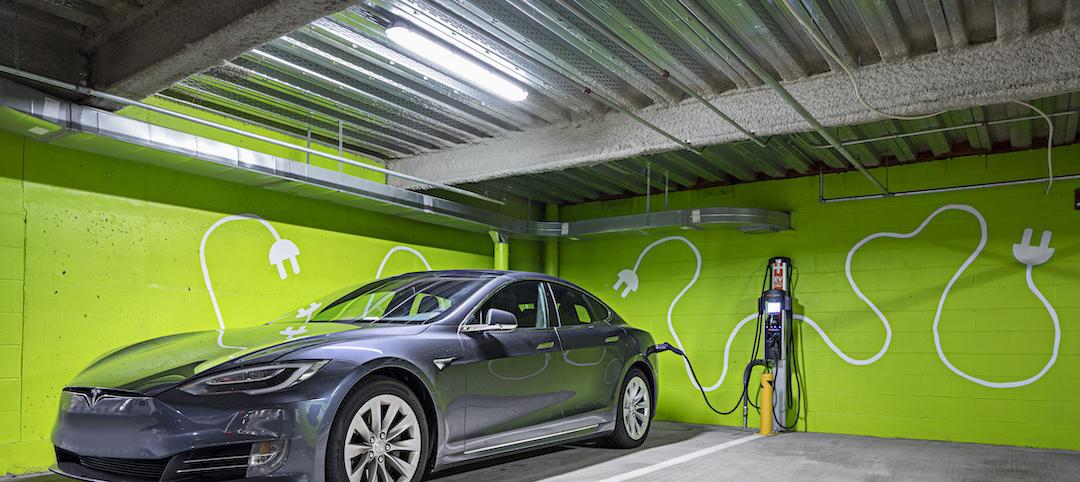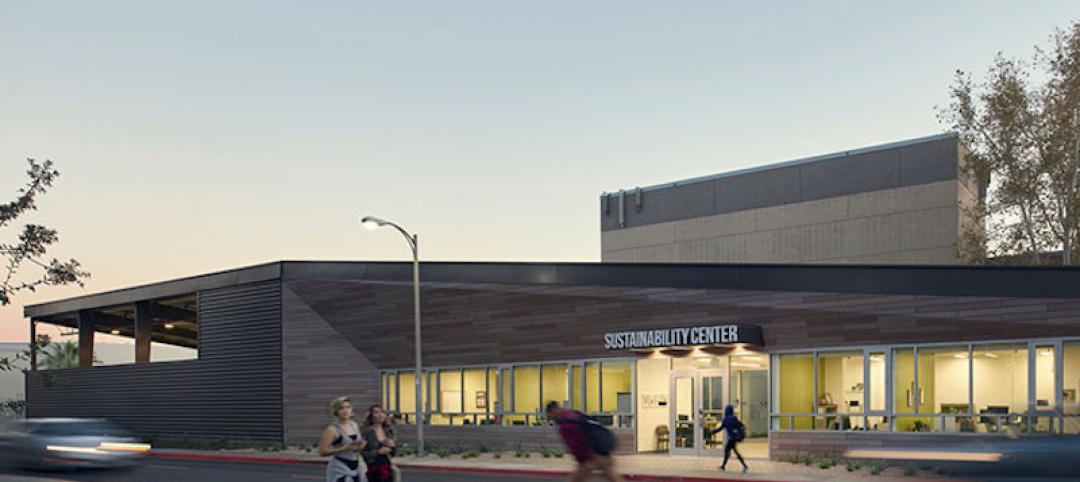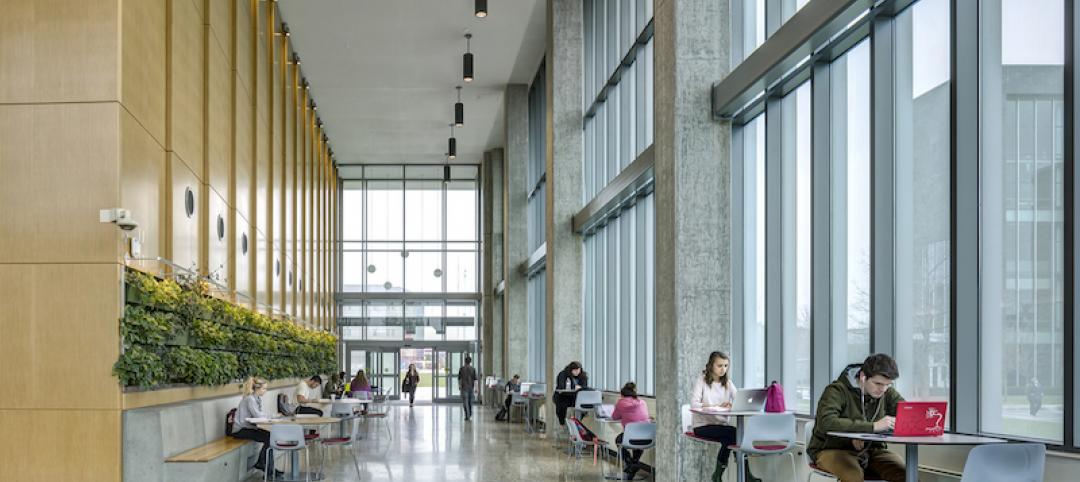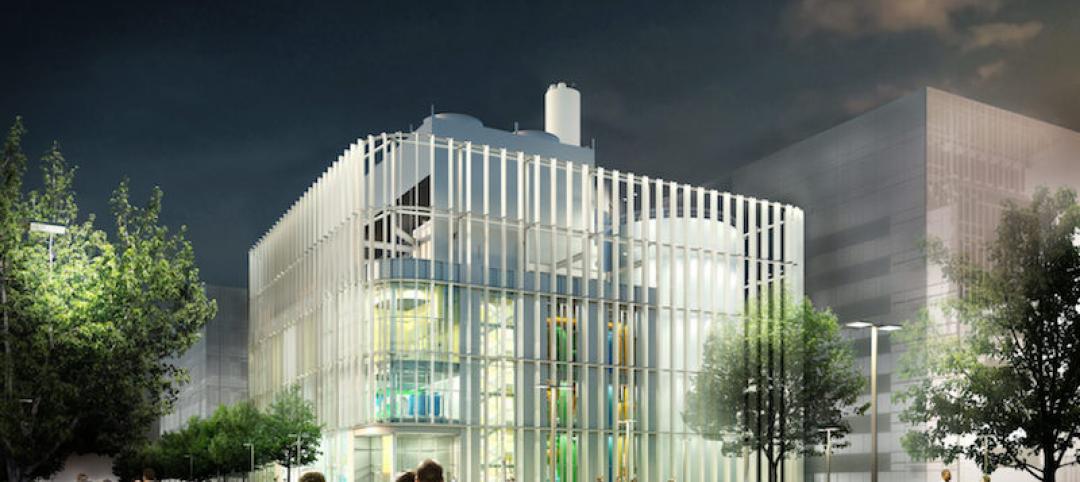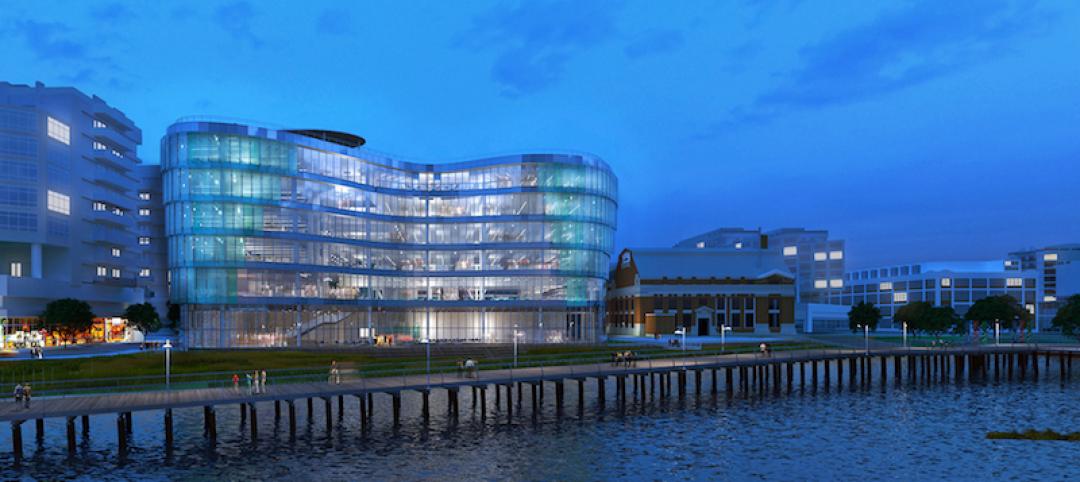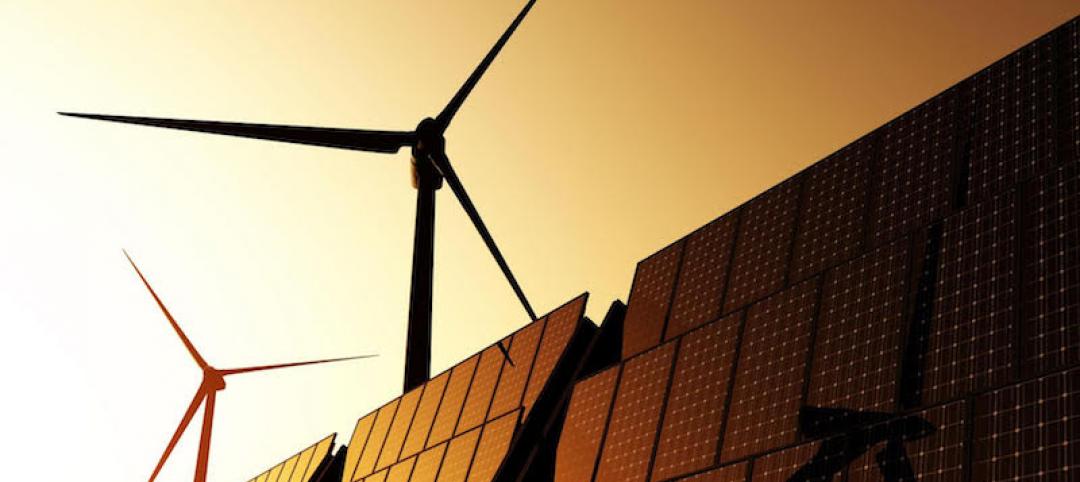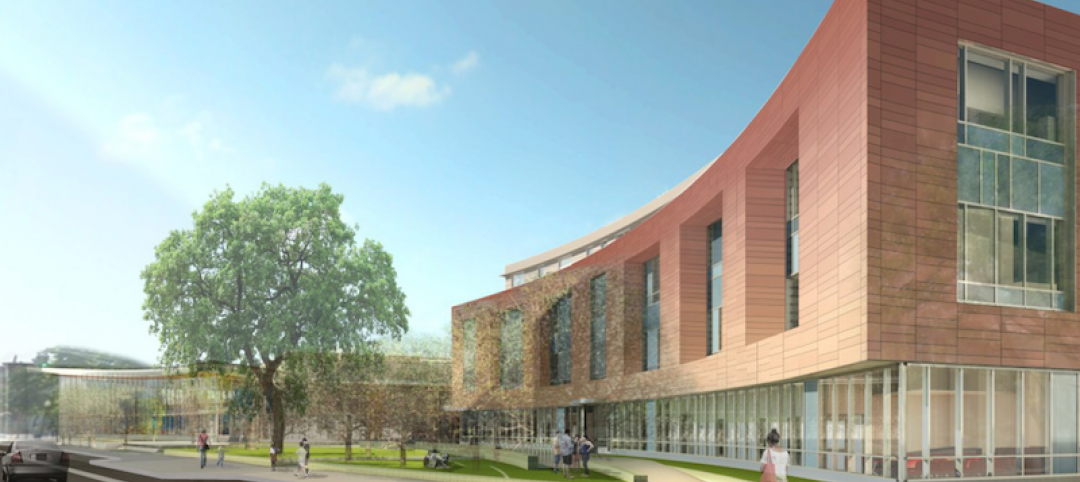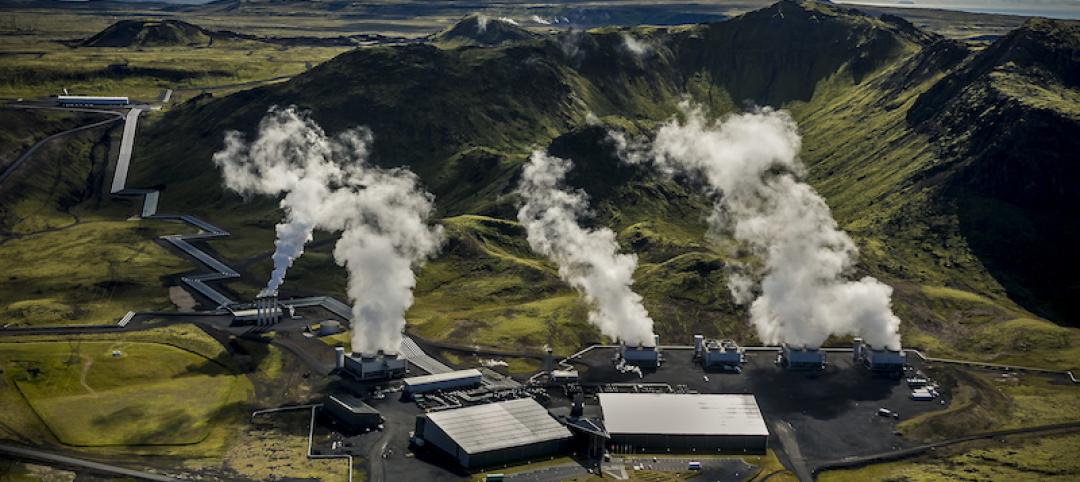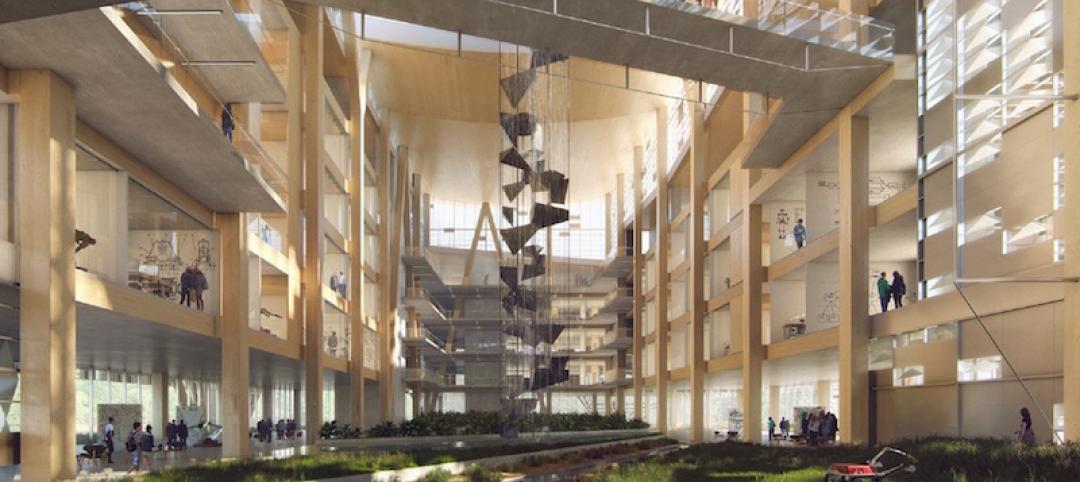Today, Johnson Controls, a global leader in creating smart cities, unveiled the findings from its 2018 Energy Efficiency Indicator (EEI) survey, revealing that U.S. organizations are planning to increase investments in smart building measures including building controls and building systems integration at a greater rate than more traditional energy efficiency measures.
The survey of nearly 2,000 facility and energy management executives from 20 countries found that 57% of organizations in the United States and 59% of global organizations plan to increase investment in energy efficiency in the next year.
Over the past decade, traditional energy efficiency measures – such as HVAC equipment improvements and lighting upgrades – have become table stakes for many organizations. Today, organizations identify greenhouse gas footprint reduction, energy cost savings, energy security and enhanced reputation as key drivers of investment fueling growth in green, net zero energy and resilient buildings.
Smart Buildings Driving Future Investment
Building controls improvements were cited as the most popular investment for the next 12 months among U.S. organizations, with 68% of respondents planning to implement this measure. Building system integration saw a 23% increase in respondents planning to invest in 2019 compared to 2018, the largest increase of any measure in the survey.
“Organizations are more interested than ever in leveraging energy efficiency, energy storage and distributed generation technologies to deliver smarter, safer and more sustainable
buildings,” said Clay Nesler, vice president, Global Sustainability, Johnson Controls. “U.S. organizations are especially bullish about the future impact of systems interoperability, systems integration and cybersecurity technologies, leading all other countries.”
Due to increasingly severe weather incidents around the world, the 2018 EEI results also highlight a growing global focus on resilience and energy security. One third of U.S. and global organizations (32% and 33% respectively) believe the ability to maintain critical operations during severe weather events or extended power outages is extremely important when considering future energy and building infrastructure investments. Roughly half of U.S. and global organizations (54% and 50% respectively) are extremely or very likely to have one or more facilities able to operate off the grid in the next ten years, a 10% increase in the U.S. from last year. Globally, plans to invest in distributed energy generation, electric energy storage and on-site renewables also increased year-over-year.
2008 vs. 2018: Increased Interest and Investment in Sustainable Buildings
Analysis of the annual survey results from 2008 to 2018 revealed dramatic shifts in energy efficiency goals, actions and investments throughout the past decade.
In 2008, very few respondents (8%) had any certified green buildings and only one-third (34%) planned to certify new construction projects to a recognized green standard. This year, 19% of U.S. organizations have already achieved voluntary green building certification for at least one of their facilities, and 53% plan to in the future, a combined increase of 31% over the past year alone. Globally, 14% of organizations have achieved voluntary green building certification for at least one of their facilities and 44% plan to in the future.
In 2008, less than one-third of respondents (30%) believed green buildings would be very important in attracting and retaining future employees, but in 2018, 44% of U.S. organizations, and 51% globally, are willing to pay a premium to lease space in a certified green building.
The survey also saw a significant year-over-year increase in net zero energy goals, with 61% of U.S. organizations extremely or very likely to have one or more facilities that are nearly zero, net zero or positive energy/carbon in the next ten years, up 14% from last year.
Related Stories
Multifamily Housing | Jun 23, 2020
11 tips on how to install EV charging stations in multifamily housing
A top sustainability expert gives the whys and wherefores of installing electric vehicle charging posts in your next multifamily enterprise.
Mixed-Use | Apr 7, 2019
Chicago-area joint venture antes up $1 billion for Opportunity Zone development investment
Decennial Group says it’s looking at 250 potential projects, primarily in America’s heartland and rural areas.
Energy | Aug 6, 2018
Will California lead the way to energy independence?
The architecture, engineering, and construction industry will have to make major adjustments in the years ahead now that many state, city and local governments are getting serious about creating a carbon neutral buildings sector.
Sustainability | Apr 9, 2018
Planning for 100: Looking beyond the horizon of zero-net-energy buildings
Imagine a future where buildings and infrastructure are 100% utilized and 100% responsive.
University Buildings | Mar 14, 2018
Harvard’s District Energy Facility showcases a new infrastructure typology
The building is currently under construction.
Energy | Jan 12, 2018
Putting wastewater to work: America’s next great energy source
As much as 40 to 50% of a building’s energy literally goes down the drain every day.
Energy | Jan 11, 2018
Harvesting energy and profits: A new approach to MEP cost analysis
In the course of providing cost estimating services, educating the client on making prudent choices is a high priority.
K-12 Schools | Oct 28, 2017
A new elementary school in Cambridge, Mass., aims at being a pilot for that city’s NZE commitment
The building’s programming will provide more access to the community at large.
Sustainability | Oct 16, 2017
A negative emissions power plant is now operational in Iceland
The geothermal power plant in Hellisheidi, Iceland was outfitted with a Climeworks DAC module.
Sustainability | Oct 9, 2017
New Arizona State University building will reach triple net-zero performance
The science and research complex will include an atrium biome filled with plants and water.



